Search Images
Browse Content (p. 1430)
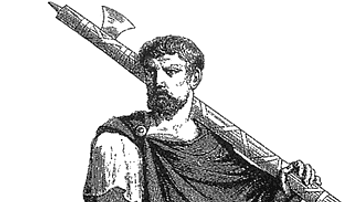
Image
Roman Lictor Carrying Fasces
An illustration of a Roman lictor carrying the fasces, symbol of magisterial authority. (From 'Habiti Antichi e Moderni' by Cesare Vecellio)
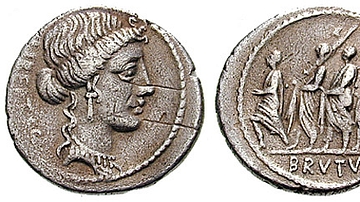
Image
Roman Coin Depicting Lictors Carrying Fasces
A Roman coin depicting the head of Liberty on one face and the consul Brutus and two lictors carrying fasces on the other. 54 BCE.
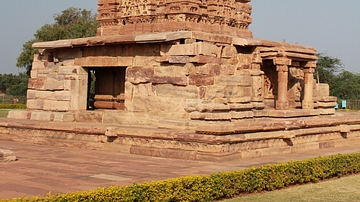
Image
Pattadakal, Galaganatha Temple
This temple was one of the last to be built at the site of Pattadakal around 750 CE.
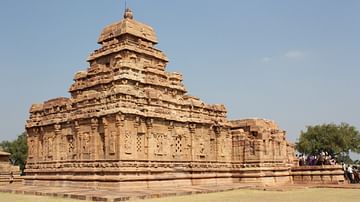
Image
Pattadakal, Sangameswara Temple
This temple of the Pattadakal complex was built in 720 CE by Vijayaditya and originally named as Vijayeswara temple.
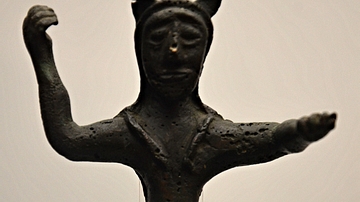
Image
Votive Statue of Melqart
Votive statue of Melqart from Gades (Cadiz, Spain), 7th century BCE. (Archaeological Museum, Seville). Melquart was a Phoenician god and patron god of the city of Tyre.
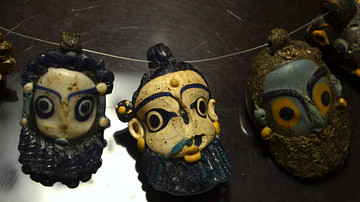
Image
Phoenician/Punic Necklace with Amulets
Phoenician or Carthaginian amulets in the form of bearded heads made of sand-core glass, 4th-3rd century BCE (Cagliari, Museo Archeologico Nazionale).
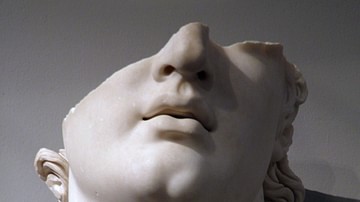
Image
Hellenistic Colossal Head of a Youth
Fragmentary colossal head of a youth, from the Pergamon Gymnasium, Hellenistic period, 2nd century BCE (Pergamon Museum, Berlin)
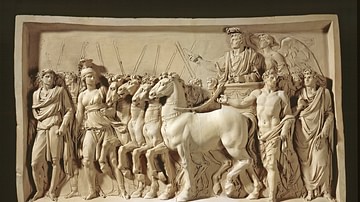
Image
Triumph of Titus
A reconstructed relief panel from the original on the Arch of Titus, Rome, c. 81 CE. The scene, showing the triumph of Titus, is carved in three-quarter view and has Titus riding a four-horse chariot (quadriga) and shows him being crowned...
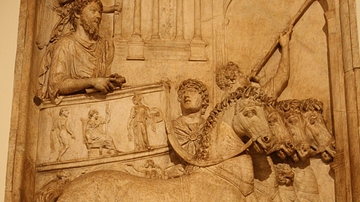
Image
Triumph of Marcus Aurelius
A panel from a Roman sarcophagus depicting the triumph of Marcus Aurelius. (Capitoline Museums, Rome)
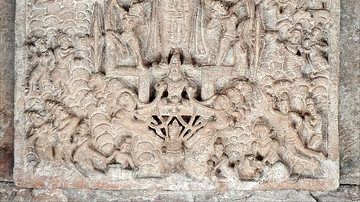
Image
Relief Sculpture of Surya in Virupaksha Temple, Pattadakal
Surya (sun) in his chariot as depicted in Virupaksha Temple, Pattadakal. The temple is an Early Chalukyan (543 CE – 753 CE) creation and is built by Queen Loka Mahadevi.